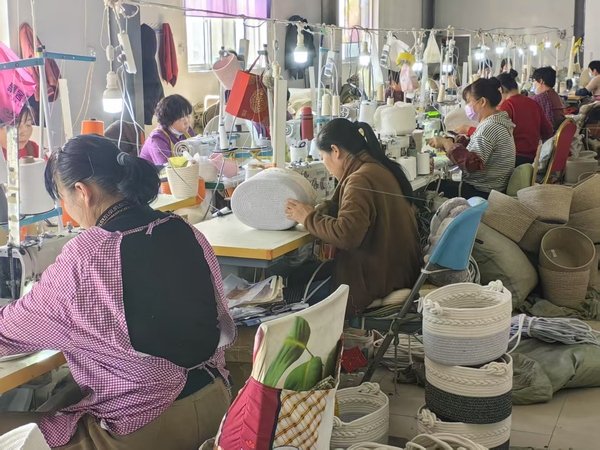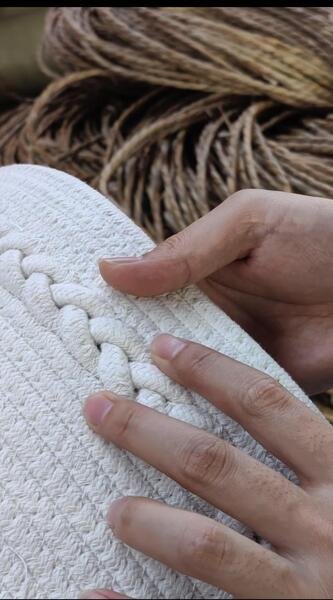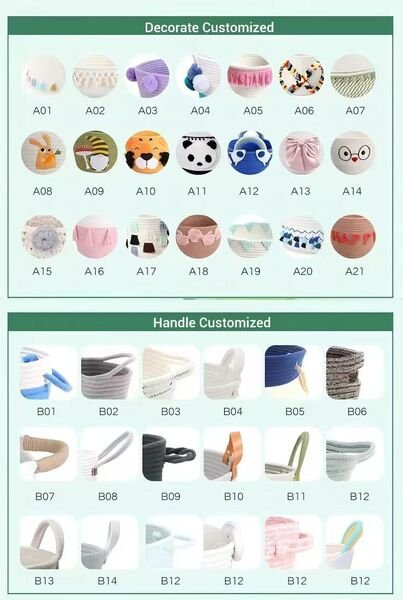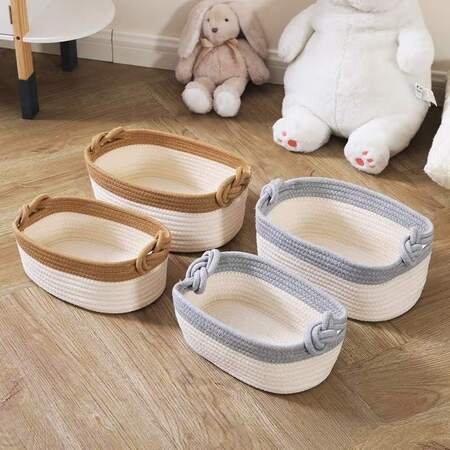
Tired of cotton baskets that deform or fade quickly? Choosing the wrong manufacturer wastes money and may harm your family's health.
Select quality manufacturers by checking: material certifications, production techniques, customization options, compliance documents, and after-sales service - these avoid 90% of procurement risks.
Discover how these 5 metrics help find truly reliable suppliers.
1. Why Do Material Certifications Matter?
Low-quality cotton may contain harmful chemicals causing allergies or worse.
OEKO-TEX® and GOTS 1certifications are essential for safety, eliminating 85% of bad suppliers.

Health Risks of Uncertified Materials
- May contain formaldehyde/heavy metals
- Often cause skin irritation
- Poor color retention
Certification Comparison Table
| Standard | Tests | Validity | Best For |
|---|---|---|---|
| OEKO-TEX® | 300+ chemicals | 1 year | All homes |
| GOTS | Organic content | 1 year | Babies |
| REACH | EU chemicals | Long-term | EU exports |
Case Study: A school recalled baskets after students developed rashes from uncertified cotton.
2. How Does Production Technique Affect Quality?
Poor weaving leads to quick deformation - what makes durable baskets?
Look for 8-12 stitches/inch density and double-rope edges with ≥50N tensile strength.

Weaving Method Comparison
- Hand weaving:
- Pros: Artistic designs
- Cons: Inconsistent quality
- Machine weaving:
- Pros: Uniform quality
- Cons: Higher setup cost
Quality Test Standards
| Test | Requirement | Method |
|---|---|---|
| Tensile | ≥50N | GB/T 3923.1 |
| Color | Level 4+ | GB/T 8427 |
| Load | 10kg/24h | Practical |
Data: Properly woven baskets last 3x longer than cheap alternatives.
3. What Customization Options Are Essential?
Standard products limit your business potential - flexibility matters.
Good suppliers offer 100+ MOQ, 3-5 day sampling, and 90% Pantone color matches.

Customization Checklist
- Design capabilities
- Logo embroidery options
- Handle variations
- Production flexibility
- Minimum quantities
- Rush order capacity
Customization Costs
| Service | Price Range | Notes |
|---|---|---|
| Mold | $70-300 | One-time |
| Sample | $30-120 | Deductible |
| Color | +5-15% | Special |
Example: A retailer increased sales 25% with custom-colored baskets.
4. Which Compliance Documents Are Mandatory?
Missing paperwork can cost thousands in seized shipments.
Always require: SGS reports, FSC certification, and REACH compliance statements.
Common Compliance Issues
- Expired test reports
- Incomplete documentation
- Supplier chain gaps
Market Requirements
| Region | Certificates | Special Needs |
|---|---|---|
| EU | CE, REACH | Heavy metals |
| US | CPSIA | Lead tests |
| JP | ST2016 | Formaldehyde |
Warning: $30,000 shipment destroyed in Germany due to missing FSC cert.
5. What After-Sales Service Should You Expect?
Poor support risks your inventory and customer relationships.
Demand: 1-year warranty, 48-hour responses, and 5-day replenishment.
Service Evaluation Criteria
- Problem resolution speed
- Replacement policies
- Long-term support
Supplier Rating
| Metric | Excellent | Good | Poor |
|---|---|---|---|
| Response | <2h | <24h | >48h |
| Fix Rate | ≥95% | ≥80% | <60% |
Fact: Suppliers with strong service have 3x higher repeat business.
Conclusion
Choose manufacturers with: certified materials, quality production, customization, compliance, and reliable service - your business depends on it.
-
Learn the key differences between these two textile safety standards and which one suits your needs. ↩


